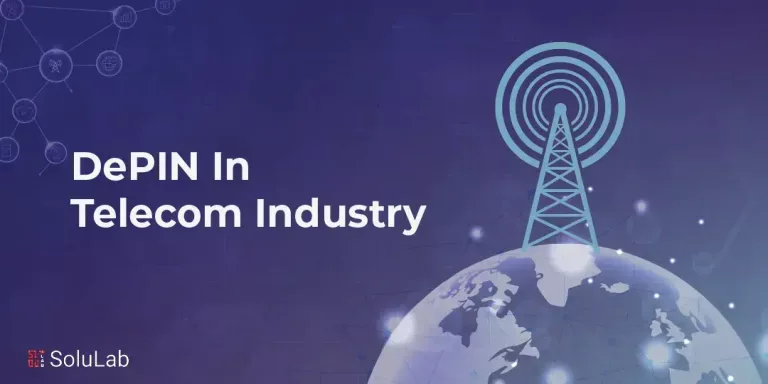NFTs are now sweeping over the world of digital art and collectibles. Massive sales to a new crypto-audience are changing the life of digital artists. Celebrities are also getting involved as they see a new way to communicate with their audience. However, digital art is merely one use of NFTs. In reality, they may be used to symbolize ownership of any one-of-a-kind object, such as a deed for a digital or physical item.
What exactly is an NFT?
An NFT is a digital asset that symbolizes physical things such as art, music, in-game objects, and multimedia. They are purchased and traded online, usually using cryptocurrency, and are typically encoded with the same underlying software as many cryptos.
Because no two NFTs are similar, they cannot be switched like for like. On the other hand, Banknotes may be easily swapped one for another; provided they have the same value, the possessor sees no difference between, for example, one dollar bill and another.
How can you keep your NFT digital assets safe?
When considering the potential value, the issue of protecting these NFT digital assets automatically arises. Is it safe to use them? In general, purchasing and holding NFTs is just as risky as buying and having cryptocurrencies. However, although the technology underpinning NFTs is regarded as secure, there are still steps you should take to safeguard the security of your investment. Here are some suggestions for keeping NFTs safe:
Select a safe wallet. NFTs, like cryptocurrencies, is saved and utilized using a cryptocurrency wallet. The wallet you choose is critical, as some wallets are more trustworthy and safe than others. You'll want a wallet that only saves your private key on your smartphone, needs strong passwords, supports two-factor authentication, encrypts your data, and requires you to create a recovery pass.
Make your password difficult to guess. Do you have a habit of using the same password for many accounts? Please stop doing that! A long, unique, and complicated password is required for your wallet.
Turn on two-factor authentication. Two-factor authentication, as it does with your bitcoin wallet, goes a long way. By demanding authentication before completing actions, the possibility of an NFT being stolen or mistakenly delivered to someone is significantly reduced.
Keep your recovery phrase somewhere safe. If you forget your password, your passphrase is your final choice for regaining access to your account. Make sure your password is not readily guessable by using a mnemonic phrase and storing it in a safe area. If you forget your recovery phrase, it is tough to retrieve your account.
Back up your wallet regularly. If your system fails or you lose a device, you can be sure that your data will be recovered. Having numerous backups is a smart idea.
Regularly update your software. Security patches are included in software upgrades.
Make use of a safe internet connection. Using public wifi allows an attacker to take your information more easily. If you must use public wifi, use a VPN to protect your relationship and disable Bluetooth on your device.
NFT: A Digital Asset That Can Be Sold
In the art world, selling NFTs has proven to be a successful business. Here are a few instances you may be familiar with:
- "Everydays - the First 5000 Days" by digital artist Beeple was auctioned off for $69.3 million at Christie's.
- A 20-second video footage of LeBron James doing his "Cosmic Dunk #29" sold for $208,000.
- At Sotheby's first curated NFT auction, a CryptoPunk NFT sold for $1.8 million.
- Twitter CEO Jack Dorsey auctions off an NFT of his first tweet for $2.9 million.
What if there are many NFTs of the same thing?
It has occurred. Creators have created and sold several NFTs of the same asset. Currently, values are dependent on a quantity-to-availability ratio, and buyers and collectors have no rating artists who utilize such strategies. Multiple NFTs of the same asset will result in a significant decrease in value for the person who owns it in the long run.
Are non-fungible tokens the way of the future?
It would help if you now had a better idea of what NFTs are and how they function. We've seen that non-fungible tokens have a variety of real-world uses, but are they a technology of the future?
It's difficult to predict if NFTs will be extensively employed in the following years. There is a lot of interest in them right now, and they have a lot of potential advantages. However, the technology is still in its infancy, and there are significant obstacles to overcome.
We offer a variety of courses available if you want to learn more about NFTs, blockchain technology, and cyber security. Many of these developing businesses are searching for competent workers, so grasping the essential concepts might help you advance your career. NFTs are a fascinating component of popular culture, whether they represent the future or not.
Conclusion
Non-fungible tokens can be used in the production of security tokens and the tokenization of both digital and physical assets. Physical assets, like real estate, might be tokenized to allow for fractional or shared ownership. If these security tokens are non-fungible, ownership of the asset is fully traceable and apparent, even if just tokens representing a portion of ownership are sold.
Non-fungible tokens might also be used for certification, such as credentials, software licenses, warranties, and even birth and death certificates. A non-fungible token's smart contract immutably validates the recipient's or owner's identity and may be placed in a digital wallet for ease of access and representation. Our digital wallets may one day include documentation of every certificate, license, and asset we hold.




